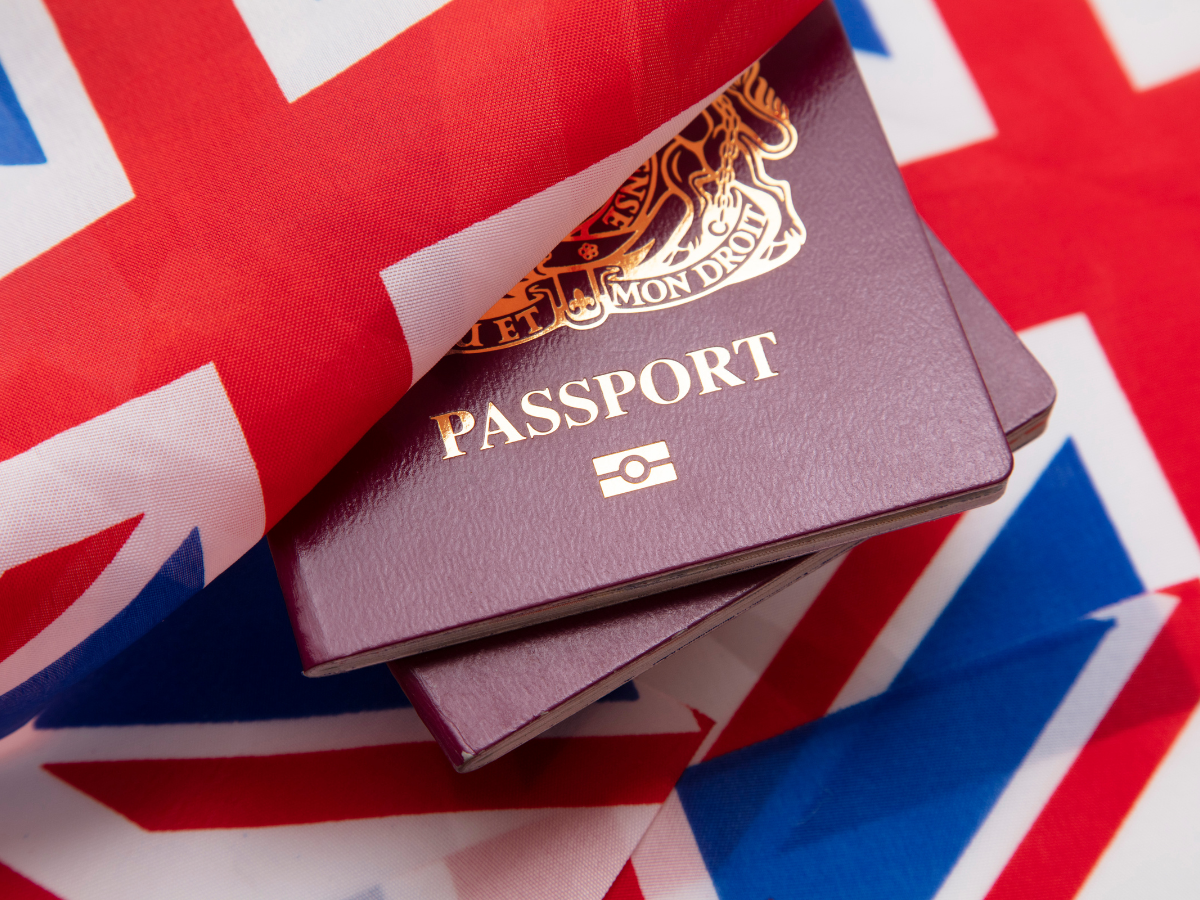


The United Kingdom's immigration policy has changed significantly in recent years, from being more open to being more intent on lowering the number of migrants. This change stands in stark contrast to the promise made by the former prime minister, Theresa May, to reduce immigration numbers to "tens of thousands."
Stricter policies were implemented under her administration, including eliminating the post-study employment visa and tightening sponsor licencing and family visa procedures.
A number of significant reasons have contributed to the change in immigration policy. Brexit significantly contributed to the termination of free movement, which affected several industries that depended on foreign labour.
Furthermore, the COVID-19 epidemic made labour shortages worse, necessitating the need for people from abroad to support the healthcare system.
Many immigrants arrived in the UK due to programmes like the Graduate Route visa, which were introduced to lure foreign students and boost the education industry.
The UK's move towards less immigration has had a significant effect on several groups. Affected parties include students whose visas are about to expire, carers whose sponsor licences may be revoked, and those employed by dubious companies.
There are worries about possible abuse and fraud aimed at people looking for different ways to immigrate.
Immigration regulations are now strictly enforced, and businesses and individuals engaged in fraudulent activity are subject to heightened scrutiny. This includes looking into businesses that sponsor employees who don't have jobs and those who pay fictitious employers to sponsor their visas.
To successfully navigate the UK's present immigration landscape, one must carefully weigh their legal choices and be aware of any dangers or difficulties. People must proceed with caution and diligence while looking for ways to stay in the UK, steering clear of dubious schemes and untrustworthy sponsors.
The continuous modifications to the UK's immigration laws underscore the difficulties and complexities that people and organisations encounter when attempting to comply with these laws, which are part of a larger worldwide trend towards stricter immigration controls.
The UK's decision to significantly reduce immigration echoes broader trends worldwide and presents difficulties for people and organisations trying to navigate the changing immigration environment. In this dynamic environment, being vigilant, cautious, and compliant with the law is essential.
Brexit, the effect of COVID-19 on labour shortages, and the government's desire to stick to earlier commitments to lower immigration numbers are some of the reasons influencing the UK's changes in immigration policy.
The UK's immigration rules underscore the difficulties and complexities that people and organisations have when navigating immigration laws around the world, and they also reflect larger global trends towards stricter controls.